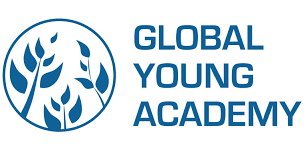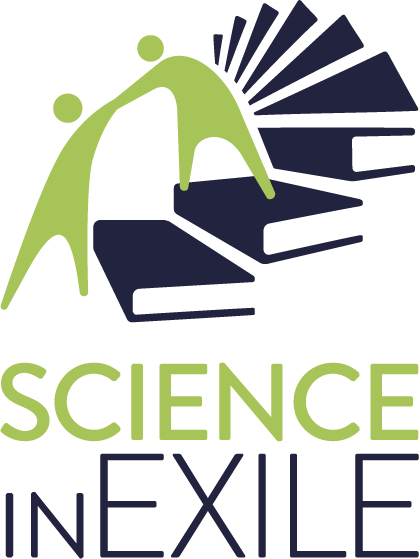Programme / Thematic session II./d At‐Risk, Displaced, and Refugee Scholars: Global Dynamics and Best Practices
‹ back to Programme listerDay
Wednesday / 7 DEC
17:00 - 18:30
Authoritarian regimes as well as military and ethnic/religious conflicts across the world render scholars particularly vulnerable to persecution as well as diverse forms of violence. This panel, organized through the collaboration of the At-Risk Scholars Initiative of the Global Young Academy and the Science in Exile initiative led by The World Academy of Sciences (UNESCO-TWAS), in collaboration with the InterAcademy Partnership (IAP) and the International Science Council (ISC), brings together displaced and refugee scholars, researchers working on the subject, and organizations active in the field. The panel will discuss the global dynamics that put scholars at risk, examine the factors that shape the experiences of at-risk, displaced, and refugee scholars, and discuss best practices for supporting at-risk scholars through different organizations.
The panel combines empirical research with specific case studies in order to provide a comprehensive perspective on the subject. In view of the fact that the World Science Forum will be hosted on the African continent for the first time, the panel will take an African perspective, both by discussing the ramifications of global dynamics on the continent and by featuring speakers working in and on Africa. In addition to Global North’s institutions, it will particularly focus on African institutions as potential hosts for at-risk scholars, and the opportunities and challenges involved.
The experiences of at-risk scholars and different types of scientific institutions and non-governmental organizations working with them are of crucial importance for the social and economic relevance, influence and responsibilities of science. Hence the panel will address the primary goals of the World Science Forum as well as the specific context of the 2022 event and its focus on ‘Science for Social Justice’. Building on the work of one of the speakers, a Turkish scholar at-risk, who published a book on this subject - contextualizing the situation of at-risk scholars within the global socioeconomic and political dynamics which, in turn, define scientific practice and the local ramifications of these dynamics - the panel will ensure relevance for the broader scientific community.
In order to encourage interaction, presentations will be relatively short (10-12 minutes), leaving time for discussion among the presenters and with the audience. Highlights from the panel will be featured on the websites and social media accounts of the GYA, TWAS, IAP and ISC. To create an impact and interaction beyond the duration of the panel, the presenters will also introduce the participants to the different ways they can support at-risk scholars.

